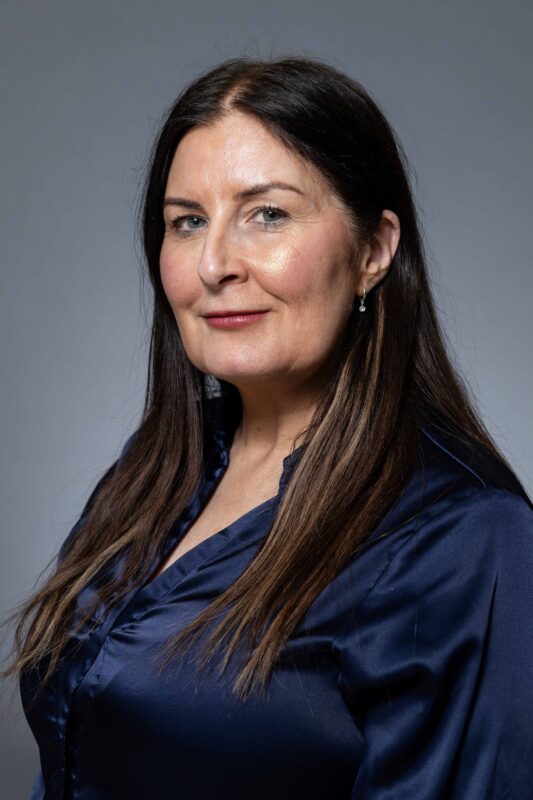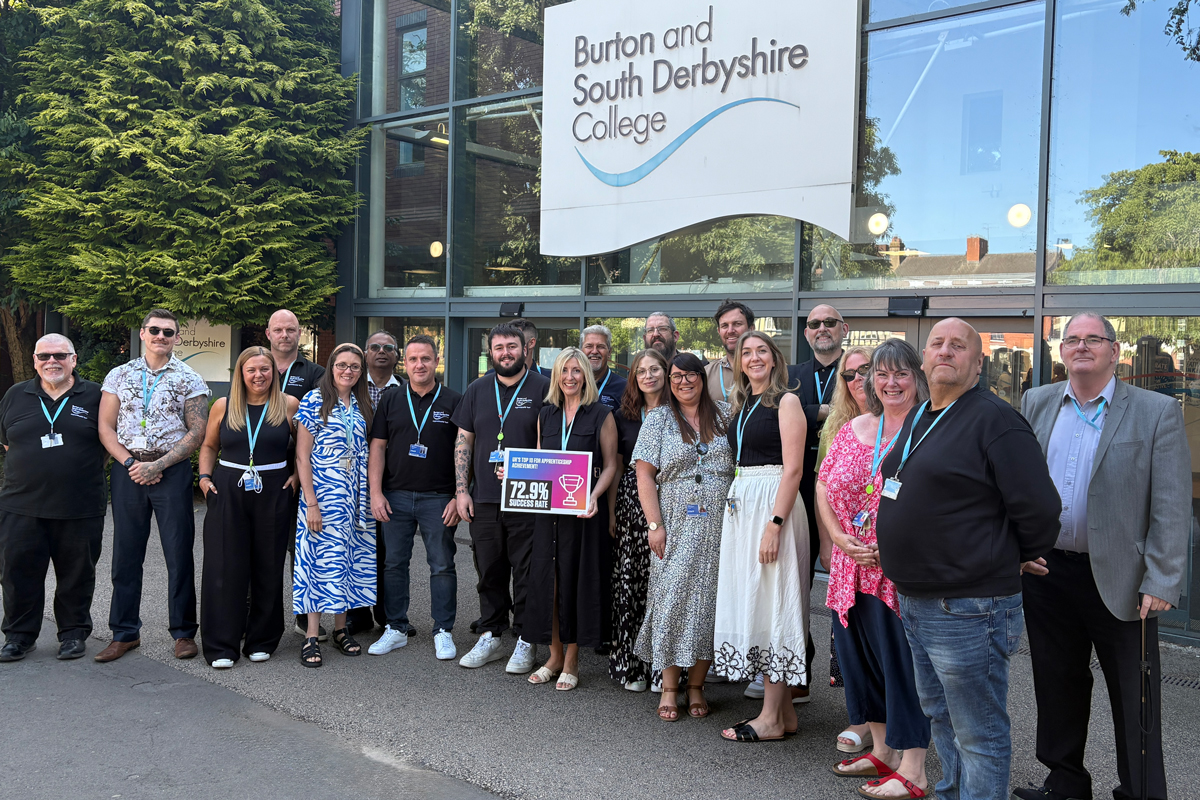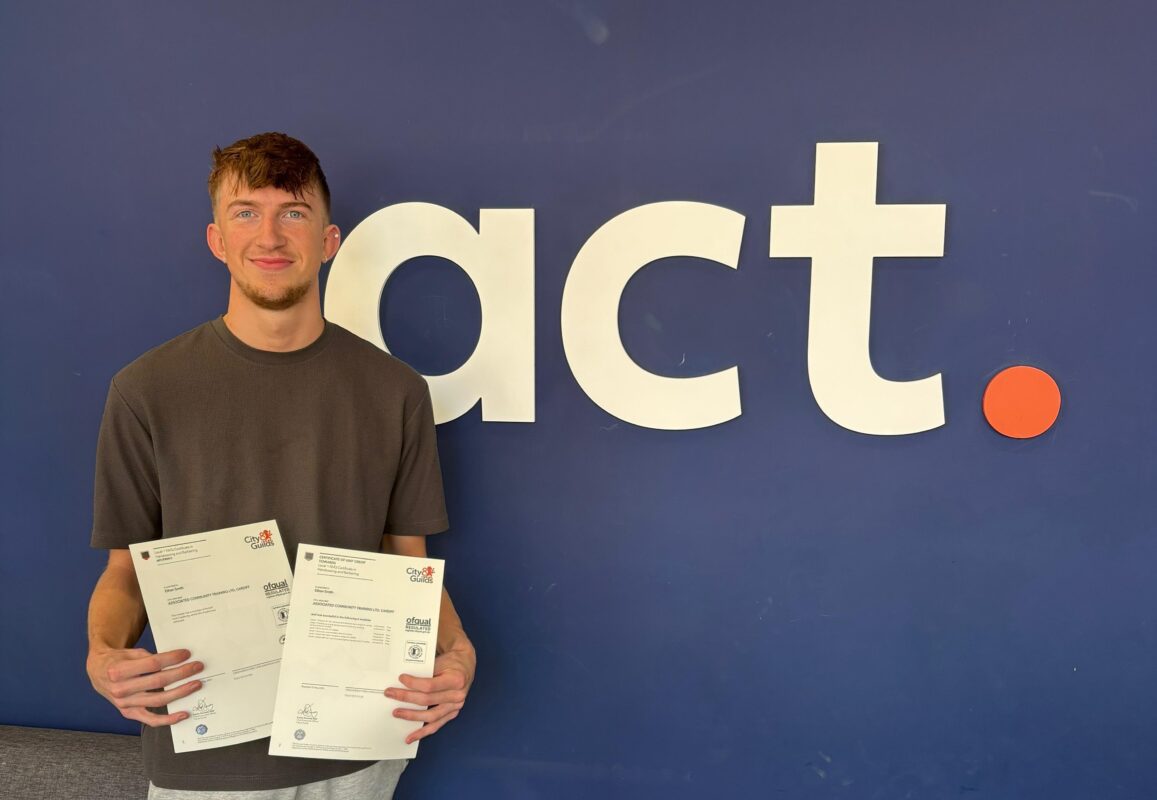Bridging the gap: Addressing the tech skills shortage with partnerships

Tech employers in the UK are facing a shortage of skilled workers and a lack of diversity in their technology teams. To address these issues, partnerships with organisations like School of Code are crucial.
Diverse teams bring varied perspectives and skill sets, leading to more creative and effective problem-solving. Investing in talent beyond traditional qualifications can open up new pools of talent and drive teams forward. This long-term approach benefits both businesses and the talented individuals.
Over the last few years, tech has continued to expand rapidly. Since the pandemic and the normalisation of remote work, the sector has seen over a decade’s worth of growth. The industry currently contributes 5.5%, or an estimated £82.7 billion, to the UK’s economy. According to the government’s estimates, it could add another £41.5 billion by 2025, generating thousands of jobs and developing incredible technology to improve the lives of citizens across the country.
It is undoubtedly one of the most exciting places to be right now – and yet, tech employers are seeing their talent pools diminish and experiencing consequent skills shortages across their technology teams.
Previous research by Nash Squared found 68% of businesses were being held back by a lack of tech skills. More than 80% of employers have plans to recruit tech staff over the coming years, according to Hays. But to help tackle the shortage of skills, 75% have plans to recruit talent they can then train rather than continuing to hunt for elusive skilled workers who tick every box.
At the same time, employers are facing increased pressure from the public as well as investors to show better representation, specifically in male-dominated sectors and functions, such as technology. Diversity – thankfully – is no longer just a quota, but a serious and significant requirement that businesses must live up to.
These two problems might seem disconnected and separate. In fact, they are structural in nature, stemming from the profound lack of diversity we are seeing in the world of tech, specifically in the UK. The answer, therefore, must also be holistic and address institutional issues.
Organisations must play a role in supporting people looking to enter the tech world
Technology businesses do not just need talent. They can also be places where talent is created and nourished, even prior to its entry to the organisation. I sincerely believe that responsible businesses are not just better places to work, but are also creating change in the world – the kind of change we need if we are to solve the diversity crisis and the tech skills shortage at the same time.
Working with partners who – despite having differing organisational philosophies – share the same overall goal of providing access to technology for all people, regardless of background is a crucial element.
We’re pleased to be working with School of Code, a social enterprise, that broadens opportunities for all and unites diverse groups of individuals. With programmes and initiatives like the ones with School of Code, newcomers are able to reach a tech professional status and are prepared for a career in technology.
Having a diverse technology team is crucial for the business
Every function of a business benefits immensely from having more diverse teams. Us, tech experts, are problem-solvers. To do our jobs effectively, we need a broad set of perspectives which can shed light on the various different aspects of an issue. Having these multiple perspectives means we can develop a creative and well-considered solution which will stand the test of time – and live up to our customers’ expectations – far better than if it only reflects a single point of view.
Diverse teams also bring diverse skill sets, which is especially important for the complex and detail-oriented work of engineers. Our teams – like most in the industry – work hard and at a pace that is often challenging, given we focus on driving value for our customers, and ultimately, our investors. In such an environment, a team needs to work together like clockwork, and having skill sets that complement each other is a great way to make that happen.
Building a diverse team is also a stepping stone to a more positive, supportive, respective culture within the organisation. Teams that understand each other better have a better ability to celebrate one another’s successes and find support in the team through difficulties. Though team members might have different points of view, they are connected through the power of teamwork and united under the shared vision of a company’s values.
Setting yourself up for success
An investment in talent should go beyond qualifications, schooling, accreditations and such traditional indicators of intelligence. What shows talent is not just pieces of paper, but skills, motivation, and attitude. By focusing on the latter, businesses become able to open themselves up to new pools of talent, as well as new ways of driving teams forward and kindling inspiration in others.
We invest time and effort into training every new joiner from School of Code. They each go through three months of specifically designed training that allows them to prepare for their role and team, which is carried out at the same time as their integration into their own agile team. This way, their onboarding is simultaneous with their training, which gives them a sense of progress and a clear goal to work towards. It’s a complex process, but years later, and having welcomed many School of Code graduates in the organisation, I could not be more grateful that we took the plunge.
At times when our economy is as challenged as it looks today, business decisions need to be made with long-term considerations in mind. Investing in a diverse workforce is a great example of such a decision, which will bring value for many years to come, both to ourselves and the brilliant people joining our team.
At OAG, as well as building on our School of Code partnership, we are exploring further options for partnerships and apprenticeships that align with our diversity values. I hope that many organisations will follow in our footsteps and decide to address their talent shortage and their diversity problem in this cohesive way. They will not be disappointed.
By Nick Dearden, Chief Technology Officer at OAG
FE News on the go…
Welcome to FE News on the go, the podcast that delivers exclusive articles from the world of further education straight to your ears.
We are experimenting with Artificial Intelligence to make our exclusive articles even more accessible while also automating the process for our team of project managers.
In each episode, our thought leaders and sector influencers will delve into the most pressing issues facing the FE sector, offering their insights and analysis on the latest news, trends, and developments.











Responses